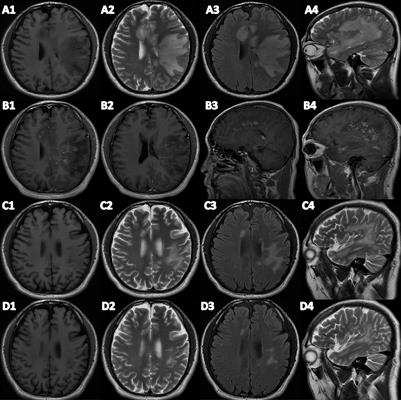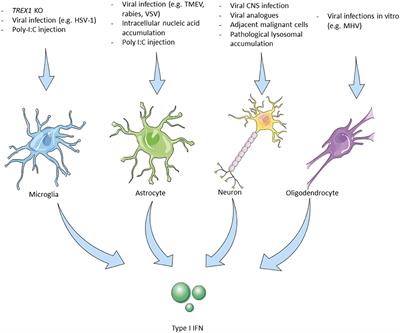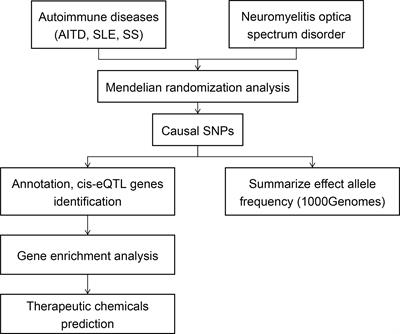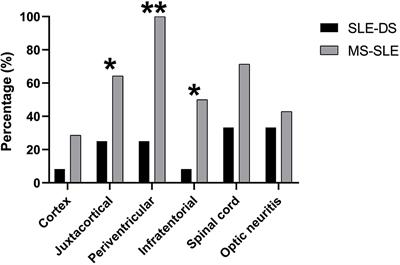EDITORIAL
Published on 24 Mar 2023
Editorial: Demyelinating neurological syndromes: The role of autoimmunity
doi 10.3389/fneur.2023.1178980
- 1,254 views
12k
Total downloads
37k
Total views and downloads
Select the journal/section where you want your idea to be submitted:
EDITORIAL
Published on 24 Mar 2023
CASE REPORT
Published on 02 Dec 2022

REVIEW
Published on 10 Nov 2022

ORIGINAL RESEARCH
Published on 29 Sep 2022

ORIGINAL RESEARCH
Published on 13 Jul 2022

BRIEF RESEARCH REPORT
Published on 11 May 2022

REVIEW
Published on 01 Nov 2021

REVIEW
Published on 05 Oct 2021


Frontiers in Immunology